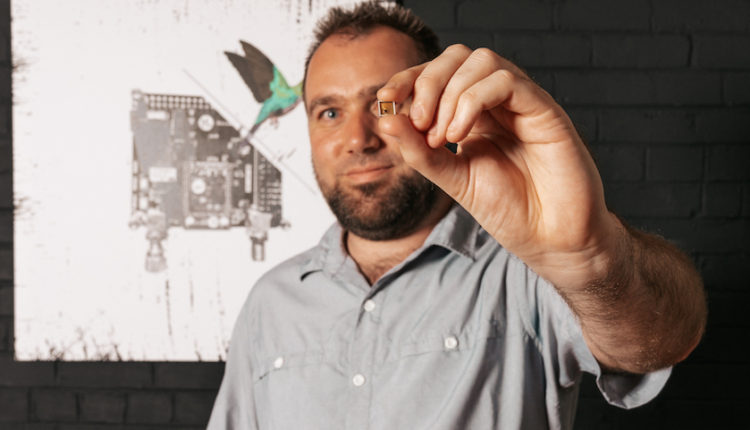Local fabricator-less semiconductor company Morse Micro has pulled in $140 million in a series B funding round.
The bulk of that investment has come from Japanese chipmaker MegaChips who fronted up $100 million for the Australian Wi-Fi innovator.
Co-founder and CEO of Morse Micro, Michael De Nil said the partnership with MegaChips was serendipitous, that he went into a meeting with the company’s executives to talk production and came out with the beginnings of a serious cash injection.
Morse Micro designs chips running the HaLow Wi-Fi standard – a low-power, long-range form of Wi-Fi ideal for internet-of-things (IoT) devices.
Where the Wi-Fi in your home or office runs at either 2.4 or 5 gigahertz (GHz) frequencies, HaLow is sub-1 GHz meaning it has longer range and can penetrate walls.
The low-frequency Wi-Fi offered by HaLow also needs less power so chips from the likes of Morse Micro can potentially run for years on small batteries.
MegaChips had already been buying Morse products and, as a known manufacturer of high quality chips, the investment seemed like a perfect match.
The $140 million round, which includes further investment from Blackbird and Main Sequence Ventures, will help guarantee Morse’s manufacturing while continuing the company’s expansion into Japan.
The company took in at least $42 million in its series A funding round which included backing from the home of Wi-Fi, the CSIRO, along with $1.8 million from the Clean Energy Finance Corporation.
Earlier this year it announced an expansion into Sydney’s Tech Central as part of an agreement with the NSW government.
Founded in 2016 by Andrew Terry and De Nil, a pair of former engineers with US semiconductor giant Broadcom – whose chips are used in Apple devices – Morse Micro now employs at least 140 staff in five countries.
At a time when local startups are feeling the squeeze from venture capital flowing less freely, the large cash injection led by MegaChips gives Morse Micro solid ground to stand on and expand.
It is already employing one of Wi-Fi’s original inventors, Professor Neil Weste, and is currently on the hunt for a dozen more highly technical roles in its Australian and British offices.
Credit: Source link


Comments are closed.